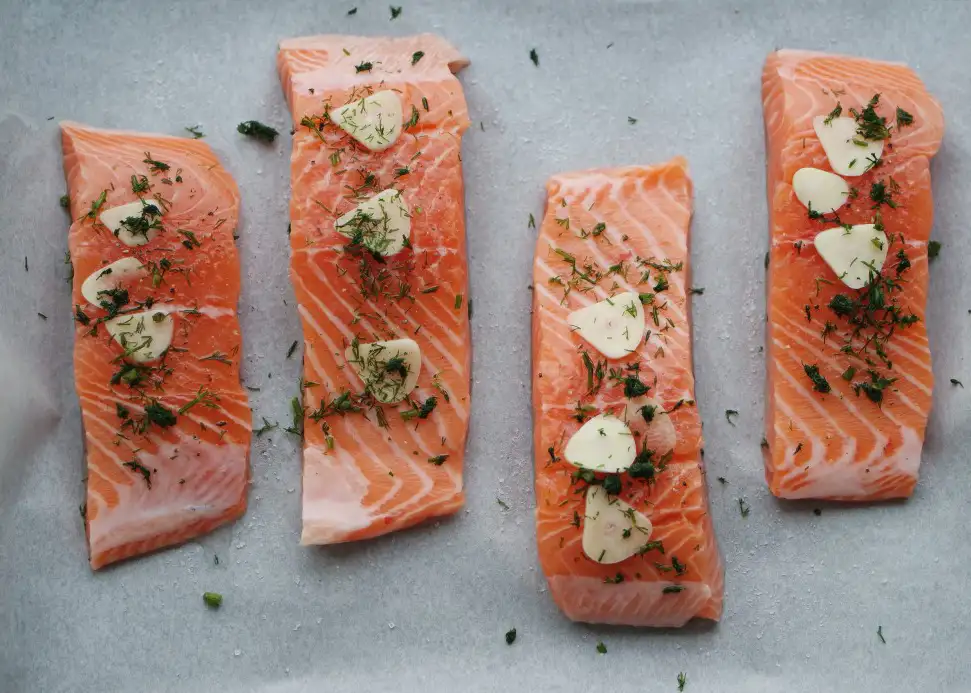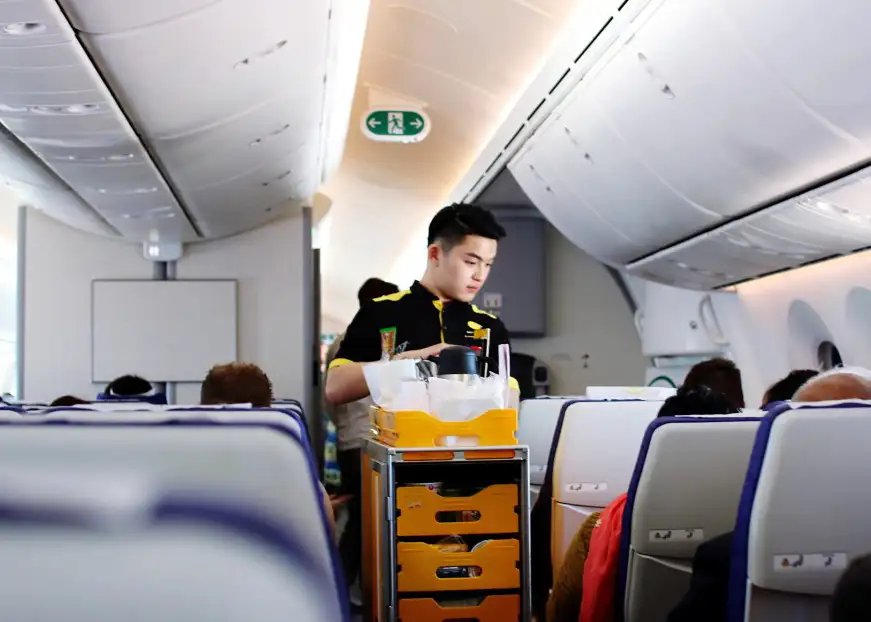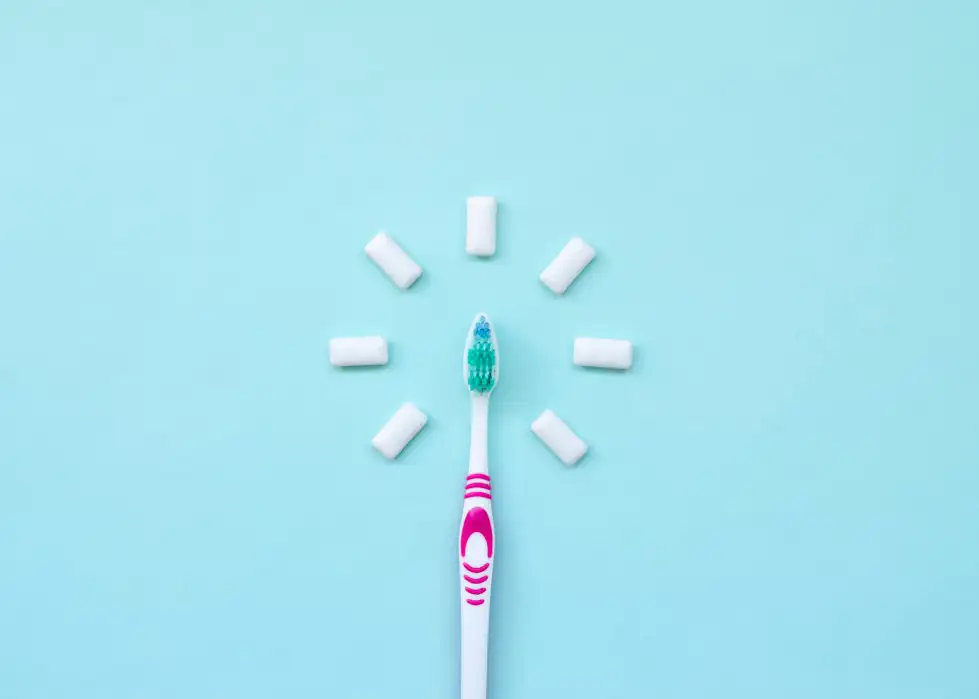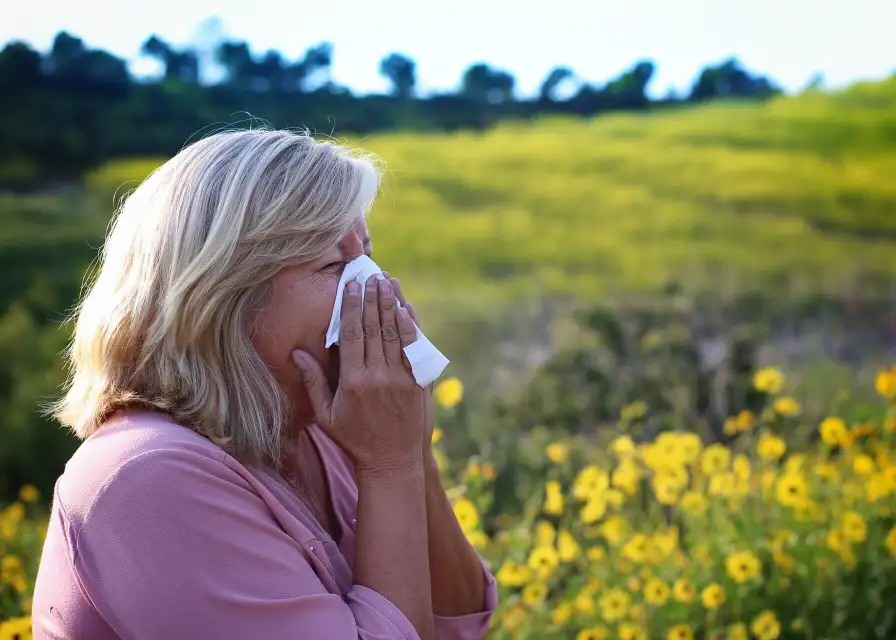You’ve been on a plane for nine hours. The inside of your mouth tastes like some combination of morning breath (thanks to that nap you just woke up from) and the remnants of your delightful reheated airline dinner. You’re afraid to open your mouth, lest your bad breath knock your seatmate unconscious.
It’s embarrassing and unpleasant, but halitosis happens to just about every traveler at one time or another. Below are five key reasons for bad breath while traveling, as well as strategies to prevent or cure it.
Editor’s Note: Potential causes of halitosis include serious medical conditions such as gum disease, diabetes, pneumonia, gastroesophageal reflux disease (GERD), and many others. If bad breath is an ongoing issue for you even between trips, consult a medical professional.
Dehydration
Mild dehydration is fairly common while traveling, whether you’re hiking in a hot climate, spending long hours in the ultra-dry air of a plane, or simply trying not to drink too much so you don’t have to hunt for a public bathroom. But failing to stay hydrated means a dry mouth—and that’s where bad breath often originates.
“Saliva is necessary to moisten the mouth, neutralize acids produced by plaque, and wash away dead cells that accumulate on the tongue, gums, and cheeks,” explains WebMD. “If not removed, these cells decompose and can cause bad breath.” Yum!
How to Deal: Hydrate early and often, especially in arid climates such as deserts or airplanes. A collapsible water bottle takes up little space in your suitcase and can be filled after you go through airport security. Headed to a place without potable water? Bring your own personal water filter.
Note that certain types of drinks are actually dehydrating, including coffee, soft drinks, and alcohol. It’s best to stick with water or tea.
If your mouth feels dry, chewing a piece of gum or sucking on some hard candy can help stimulate saliva production in your mouth. WebMD specifically recommends sugar-free gum with xylitol, which “inhibits mouth bacteria.”
Eating the Wrong Foods
You won’t be surprised to hear that eating foods like garlic, onions, and fish could come back to bite you—or, more accurately, to bite any travel companions within sniffing distance. Coffee and alcohol are also common bad breath culprits, due in part to the dehydrating effects mentioned above.
How to Deal: The most obvious advice is to avoid these foods and drinks, especially if you’ll be in close proximity to other people after your meal. But once the damage is done, you can try to mitigate the effects by snacking on crunchy fruit and vegetables such as apples, pears, celery, or carrots—all of which stimulate saliva production to wash away stinky bacteria, according to Everyday Health. Green tea is another good option, thanks to its antioxidant ingredients.
Don’t have ready access to fresh fruits and veggies? Breath mints are a good fallback: Not only will the strong minty smell mask your bad breath, but sucking on them will also get your saliva flowing.
Skipping Meals
I get it: No one likes airplane food. But if you’re planning to skip the in-flight meal, be aware that it could have an unfortunate effect on your breath later on. Chewing produces saliva, so if you go many hours without eating, your mouth dries out and foul-smelling bacteria begin to grow.
How to Deal: Keep a stash of your favorite nonperishable snacks with you so you have something to munch on even in places where there’s no food available or the options are unappealing. Granola bars, trail mix, and crackers are tasty and easy to pack. And, of course, there’s always chewing gum to get your juices flowing.
Poor Oral Hygiene
The best bad breath remedy is to keep your mouth fresh and clean at all times, but that can be tricky when you’re spending long hours in transit on planes or trains. And it’s all too easy to fall out of healthy habits, such as flossing, when you’re busy exploring a new place.
How to Deal: To prevent airplane breath and clean your teeth on the go, try Colgate Wisp, a disposable, pre-pasted toothbrush that doesn’t require water or rinsing. (Remember that airplane lavatory water isn’t potable, so if you plan to brush your teeth with your normal travel toothbrush, you should rinse with bottled water.) To zap even more odor-causing bacteria, floss between your teeth and use a tongue scraper to skim smelly gunk off the back of your tongue.
A quick etiquette note: Be mindful of your fellow flyers. If there’s a long line of people waiting to use the lavatories, consider saving your oral hygiene routine for the airport restroom instead.
Illness
Did you know that you could be more than 100 times likelier to catch a cold on a plane than on the ground? It’s no wonder that travelers often find themselves sniffling and sneezing.
A cold can not only make you feel miserable, but it can cause bad breath as well. That’s because a stuffy nose forces you to breathe through your mouth, which dries up that all-important saliva.
How to Deal: Of course, preventing a cold in the first place is the best possible scenario. The mucous membranes in your nose are your first line of defense, so keep them hydrated with a saline nasal spray in flight. Use sanitizing wipes to disinfect your tray table, seatback TV screen, and armrests, and either wash your hands or use hand sanitizer before eating.
If you’re already sick, a decongestant can temporarily clear your sinuses and enable you to breathe through your nose again. Drink some hot tea as well; the steam can also help open up clogged nasal passages.
More from SmarterTravel:
- 7 Reasons You Smell Bad While Traveling
- Travel Hygiene Tips: Staying Fresh on the Road
- 9 Products to Help You Stay Healthy While Traveling
Follow Sarah Schlichter on Twitter @TravelEditor for more travel tips and inspiration.
We hand-pick everything we recommend and select items through testing and reviews. Some products are sent to us free of charge with no incentive to offer a favorable review. We offer our unbiased opinions and do not accept compensation to review products. All items are in stock and prices are accurate at the time of publication. If you buy something through our links, we may earn a commission.
Related
Top Fares From
Today's Top Travel Deals
Brought to you by ShermansTravel
France: 8-Night Paris, Avignon & Nice...
Infinity Worldwide Vacations
 vacation
$2880+
vacation
$2880+
Poconos: 3 Nts in Garden of...
ResortsAndLodges.com
 hotel
$305+
hotel
$305+
7-Nt Canada & New England Cruise,...
Princess Cruises
 cruise
$839+
cruise
$839+









